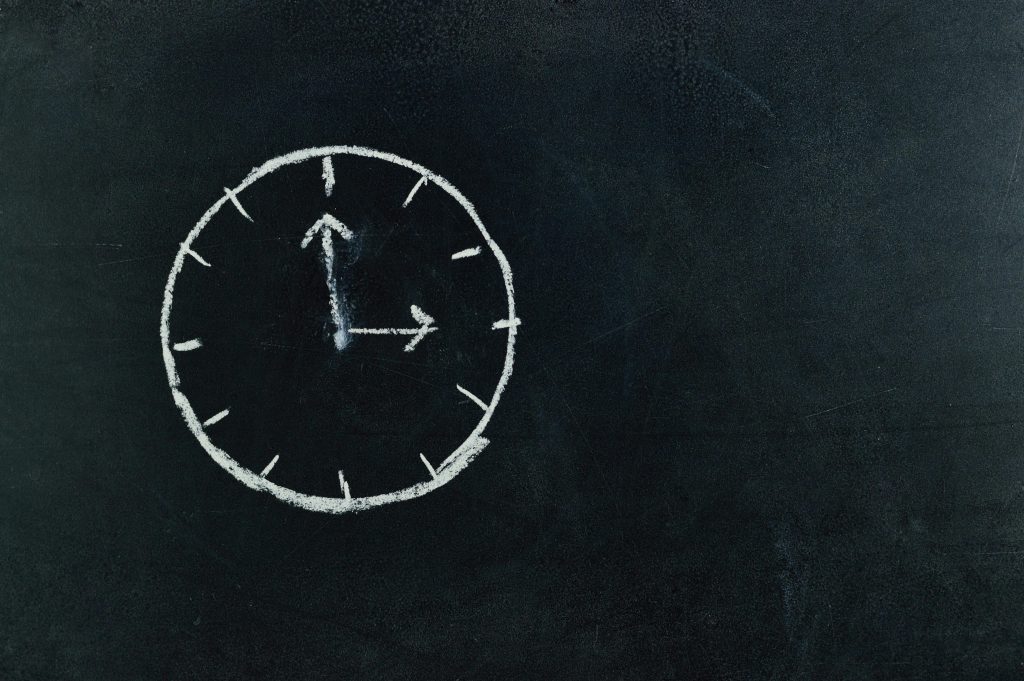In an era where endless to-do lists and constant notifications dominate our days, the question isn’t how to cram more into our schedules but how to make meaningful progress in less time. The pursuit of efficiency is shifting towards a more mindful approach, where deep work, intentionality, and sustainable habits outshine hustle culture. Understanding how to make more meaningful progress in less time has become a key strategy for professionals, creators, and organizations aiming to thrive without burnout

The Shift Towards Outcome-Focused Work
One of the emerging trends reshaping productivity is the move from “busy work” to outcome-focused work. Rather than measuring success by hours spent, modern workflows emphasize value delivered.
- Deep Work Sessions: Coined by Cal Newport, deep work involves distraction-free, cognitively demanding tasks. Research shows that individuals who structure their day around deep work blocks achieve higher-quality results in less time (Newport, 2016).
- Outcome-Based KPIs: Teams are increasingly adopting KPIs that focus on deliverables and impact rather than arbitrary activity metrics. This approach ensures efforts align with meaningful goals rather than performative busyness.
Micro-Progress: Small Wins That Compound
Another rising trend is the emphasis on micro-progress—small, consistent actions that build momentum. Micro-progress taps into the psychology of achievement, making large projects feel manageable and progress visible.
Benefits of Micro-Progress:
- Reduces Overwhelm: Breaking tasks into micro-steps prevents paralysis by analysis.
- Boosts Motivation: Each small win triggers dopamine, reinforcing continued effort.
- Builds Sustainable Habits: Consistency over intensity leads to long-term growth.
For example, the “Two-Minute Rule,” popularized by James Clear, encourages starting tasks that can be completed in two minutes, which often leads to longer, more productive work sessions (Clear, 2018).
Time-Boxing: Structuring Your Day for Focus
Time-boxing, the practice of allocating fixed time slots for specific tasks, is gaining traction as a method to ensure focused, intentional work periods. Unlike open-ended to-do lists, time-boxing forces prioritization and sets boundaries, reducing the likelihood of scope creep.
How to Implement Time-Boxing:
- Plan in 30-90 Minute Blocks: Focus on one task per block.
- Include Break Intervals: Protect mental energy by scheduling short rests.
- Review & Adjust Weekly: Ensure your time-boxes align with shifting priorities.
Companies like Google have adopted time-boxing strategies within teams to balance deep work and collaborative tasks effectively.
Digital Minimalism: Reducing Noise to Enhance Focus
Digital minimalism is no longer a fringe movement but a mainstream productivity strategy. The principle is simple: curate your digital environment to minimize distractions and maximize focus.
Key Practices in Digital Minimalism:
- App Decluttering: Remove non-essential apps and notifications.
- Intentional Technology Use: Define clear purposes for digital tools.
- Scheduled Digital Sabbaticals: Designate screen-free periods to reset cognitive capacity.
A study by RescueTime revealed that knowledge workers spend an average of 2.5 hours daily on digital distractions. Adopting digital minimalism practices can reclaim this time for deep, meaningful work.
Leveraging Technology for Smart Progress Tracking
While reducing digital clutter is important, leveraging the right tools to track progress can enhance productivity without adding complexity.
Emerging Tools & Trends:
- Visual Kanban Boards: Tools like Trello and ClickUp help visualize workflow, making progress tangible.
- Focus Apps with Real-Time Feedback: Apps like Forest and Focusmate offer accountability mechanisms during focus sessions.
- AI-Powered Prioritization Tools: New AI-driven platforms analyze your tasks and suggest optimal prioritization based on deadlines, complexity, and workload capacity.
The balance lies in using technology to facilitate—not dictate—your workflow.
Mental Clarity and Energy Mapping
An often-overlooked aspect of making more meaningful progress in less time is aligning tasks with personal energy peaks. Energy mapping involves identifying when during the day you’re most alert, creative, or prone to fatigue.
Steps to Build an Energy Map:
- Track Your Energy Levels: Use a simple journal to note energy highs and lows throughout the day.
- Assign Tasks to Energy Peaks: Schedule demanding cognitive work during high-energy periods.
- Reserve Low-Energy Times for Admin Tasks: Emails, meetings, and light administrative work fit well here.
Aligning your workflow with your natural rhythms can dramatically boost efficiency and work satisfaction.
The Role of Intentional Pauses
Counterintuitively, taking strategic breaks can accelerate progress. The human brain wasn’t designed for prolonged, uninterrupted focus. Studies from the University of Illinois reveal that brief diversions from a task dramatically improve focus over extended sessions.
Break Strategies for Enhanced Productivity:
- Pomodoro Technique: 25 minutes of work followed by a 5-minute break.
- Movement Breaks: Stretching or a short walk to refresh cognitive resources.
- Mindfulness Minutes: Simple breathing exercises to reduce mental fatigue.
Integrating intentional pauses prevents burnout and sustains performance throughout the day.
Conclusion
Understanding how to make more meaningful progress in less time requires shifting from reactive work habits to proactive, mindful strategies. This trend is no longer optional but essential in today’s attention economy. The growing adoption of time-boxing, micro-progress, and digital minimalism reflects a collective realization: doing less, better, achieves more than doing more, mindlessly.
If you’re looking to master how to make more meaningful progress in less time, start by rethinking how you allocate your attention, not just your time. Focused work, small consistent actions, and intentional pauses are the pillars of sustainable productivity.
References:
- Newport, C. (2016). Deep Work: Rules for Focused Success in a Distracted World. Grand Central Publishing. https://www.calnewport.com/books/deep-work/
- Baumeister, R. F., & Tierney, J. (2011). Willpower: Rediscovering the Greatest Human Strength. Penguin Press. https://www.penguinrandomhouse.com/books/307748/willpower-by-roy-f-baumeister-and-john-tierney/
- Duhigg, C. (2012). The Power of Habit: Why We Do What We Do in Life and Business. Random House. https://charlesduhigg.com/the-power-of-habit/









